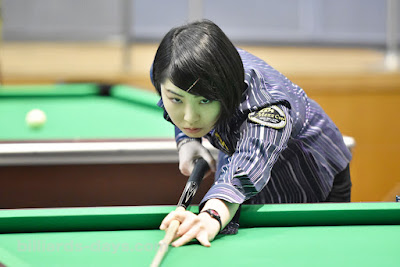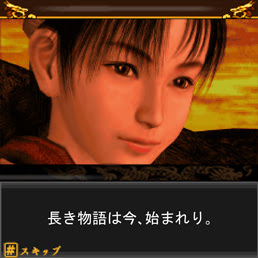We have previously carried out an analysis of the Shenmue the Animation trailer that was launched recently at New York Comic Con (NYCC) 2021.
This time, we will examine the prophecy wording that Shenhua recites as this trailer plays, and see how it stacks up against the various other English versions that have been published to date.
Related links:
Shenmue the Animation Trailer Breakdown: Part OneShenmue the Animation Trailer Breakdown: Part TwoShenmue the Animation Trailer Breakdown: Part ThreeShenmue the Animation Trailer Breakdown: Part Four
Prophecy Versions to Date
Update: the prophecy that is played again at Shenmue I's ending has differences in wording compared to the one in the prologue, so I have added this version.
Feb 2021 Update: Episode One of Shenmue the Animation contains a fuller version of the prophecy. I have updated the post with these lines.
Versions of the Shenmue prophecy to date have been seen in:
- Shenmue I (the prologue that plays before the title screen);
- Shenmue I (at the end of the game);
- Shenmue II (before the title screen & in the Stone Pit);
- The Shenmue III "Prophecy" trailer; and
- This Shenmue the Animation trailer.
- Shenmue the Animation Episode One
However when it comes to the English translation, while the meaning is retained, they are not identical to each other in wording.
Below, I have separated the prophecy into 10 parts. As will be see, not all parts appear in every version; a hyphen "-" mark is used to indicate if a part does not appear in a particular game or trailer.
For example, the first game does not include the lines that describe the dragon and phoenix, which are introduced from Shenmue 2 onwards; on the other hand it contains the line "And thus the saga... begins" which is not uttered in the subsequent games.
To help gauge how faithful the wording of each version is to the original Japanese meaning, I have given a fairly literal translation at the top of each.
General note: the Japanese text is written in a poetic or literary style in its use of vocabulary and grammar, as if the words were written long ago. Hence it is fitting that the English versions also assume a somewhat a poetic turn of phrase.
① その者、東の遠つ国より海を渡りて現れり。
Sono mono, higashi no tōtsu kuni yori umi o watarite arawareri.
Become a Patron!
















































